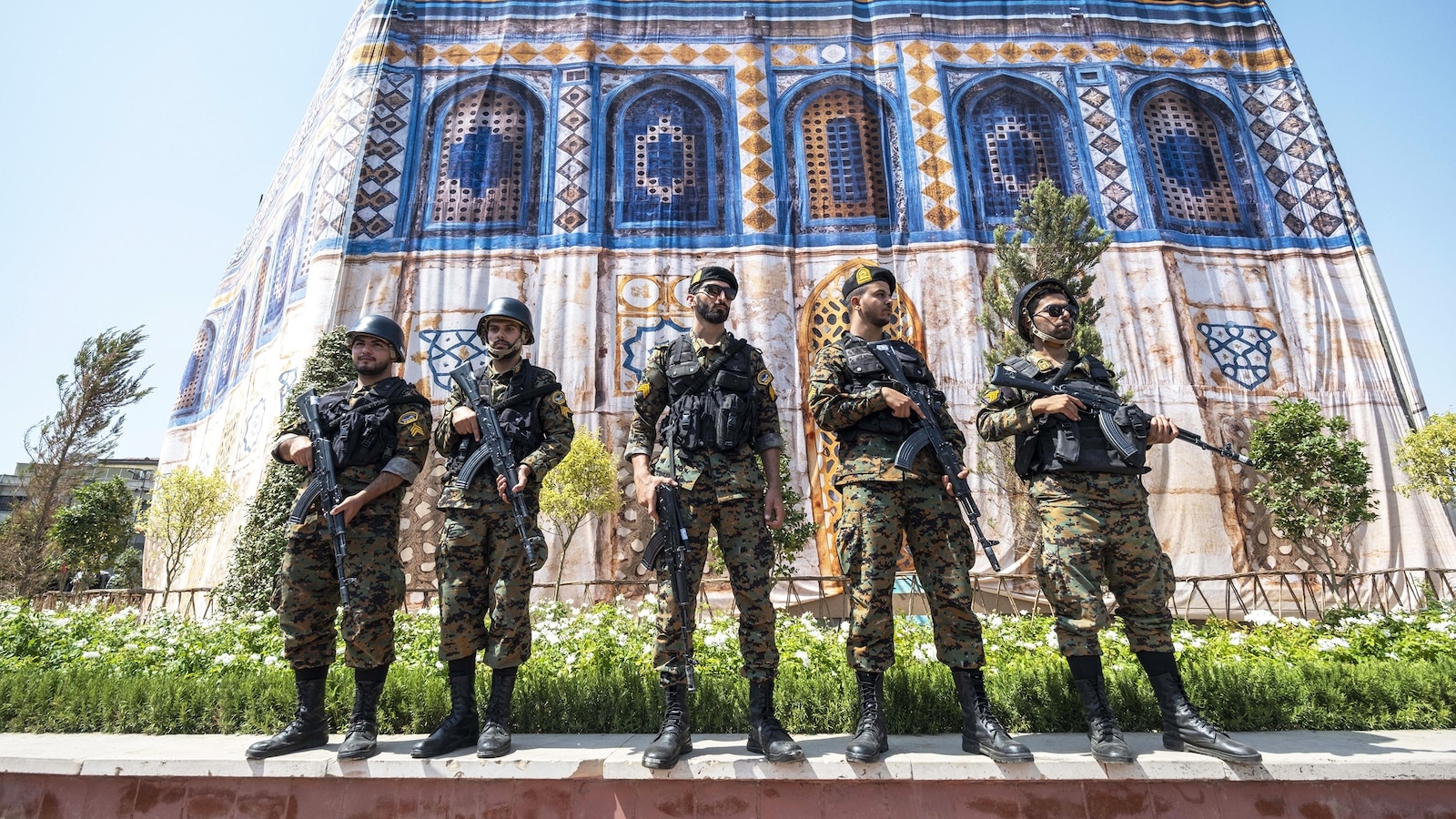TEHRAN, Iran – In a swift and severe crackdown, Iranian authorities have executed three men accused of espionage, escalating tensions in the aftermath of a brief but intense conflict with Israel. The judiciary announced the executions, which occurred just days after a ceasefire was declared.
Breaking: Executions Follow Ceasefire
The Iranian judiciary confirmed that the three men were hanged for allegedly spying for Israel. This brings the total number of executions for similar charges to six since the onset of hostilities with Tel Aviv, according to reports from the Islamic Republic’s official news agency.
“This is a very corrupt regime, and there is no due process in Iran,” said Azadeh Pourzand, a human rights expert, in an interview with ABC News.
Immediate Impact
The executions were expedited, occurring less than 48 hours after the ceasefire was established. Human rights organizations have criticized the trials as unjust, claiming the executed men were Kurdish laborers with no access to sensitive information.
Meanwhile, Iran’s special police forces have been highly visible, monitoring areas during rallies against Israel, as tensions remain high in the capital.
Key Details Emerge
The recent conflict, which lasted 12 days, resulted in significant casualties and damage. Iranian officials report over 600 deaths and nearly 5,000 injuries, alongside widespread infrastructure destruction.
Despite these challenges, the Iranian regime remains in power, defying predictions of potential governmental change due to internal and external pressures.
Over 700 individuals have been arrested on suspicion of collaborating with Israel, according to state media.
Expert Analysis
Experts warn that the regime’s current phase could be particularly repressive. Pourzand described the situation as a “systematic and rigid form of repression,” with new surveillance measures further tightening control.
In a statement, Mossad Chief David Barnea emphasized Israel’s ongoing vigilance regarding Iranian activities.
Background Context
This crackdown follows the 2022 “Woman, Life, Freedom” protests, which were met with severe repression. The protests highlighted long-standing grievances against the regime, exacerbated by economic hardships and international sanctions.
“The Islamic Republic is a totalitarian regime,” said an Iranian citizen, expressing the desire for freedom and stability.
Regional Implications
Iran’s Supreme Leader Ayatollah Ali Khamenei recently appeared publicly, praising the military’s actions during the conflict. However, there are concerns that the “heavy cost” he mentioned may ultimately burden Iranian civilians.
As international focus shifts, the regime’s actions could intensify, further impacting the Iranian populace.
What Comes Next
The situation remains volatile, with heightened security and a climate of fear among citizens. Human rights advocates caution that the regime’s repressive measures are likely to continue, posing significant challenges for those advocating for change.
With the international community’s attention divided, the future of Iran’s domestic and regional policies remains uncertain, as the regime seeks to consolidate its power amidst ongoing tensions.
